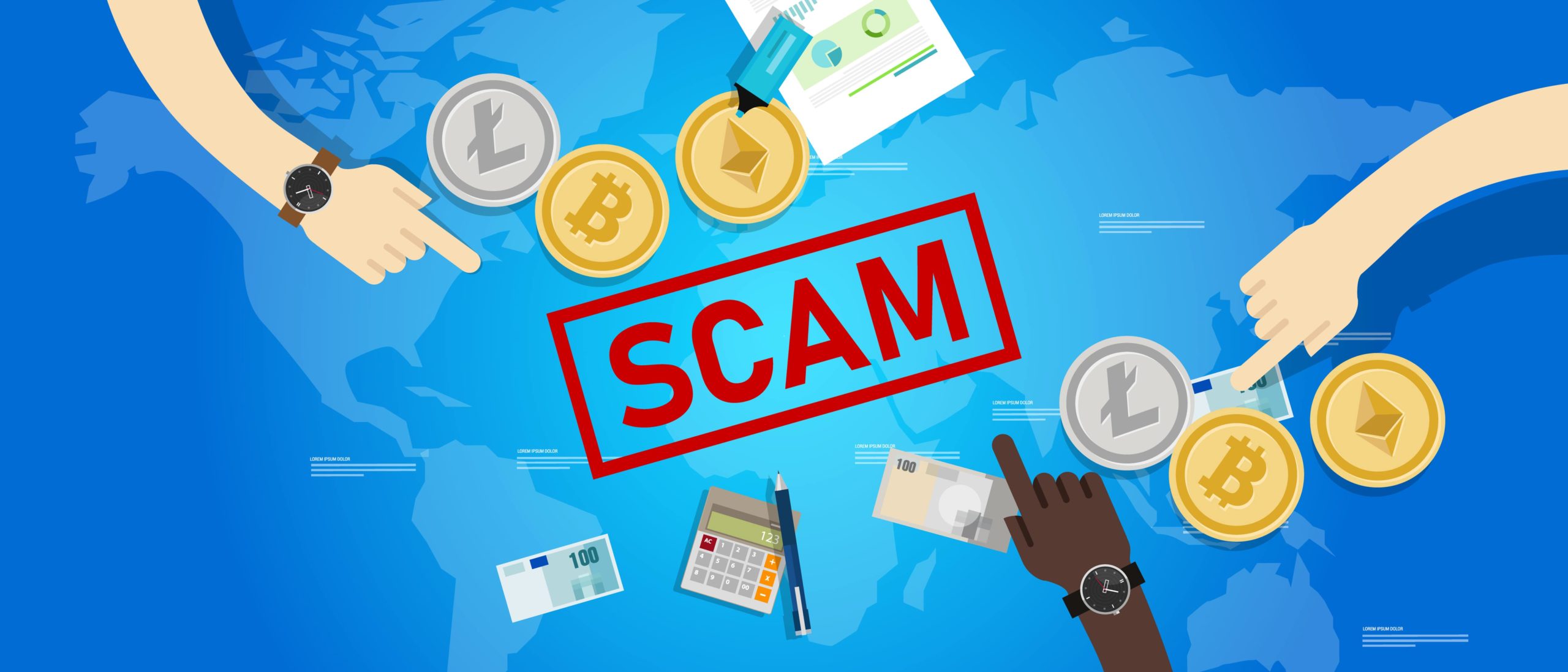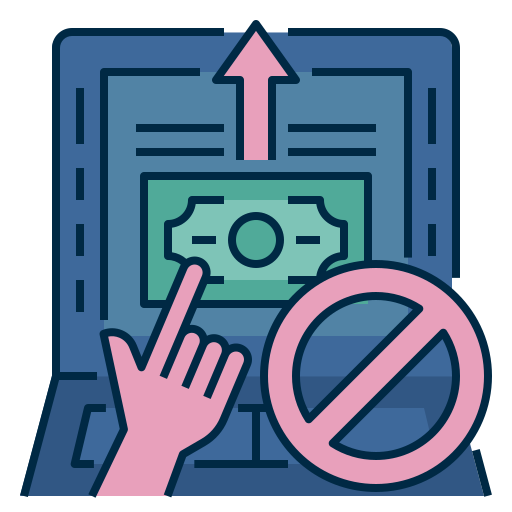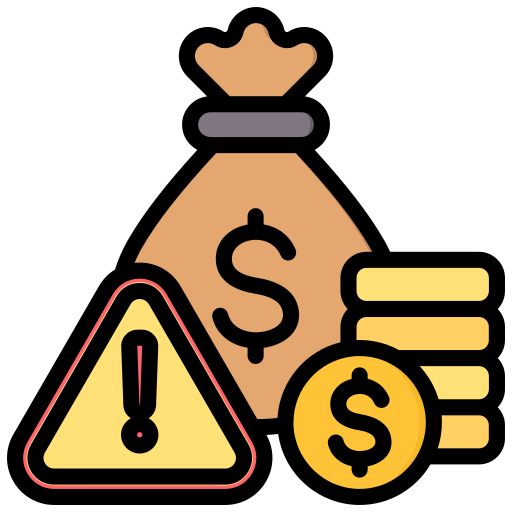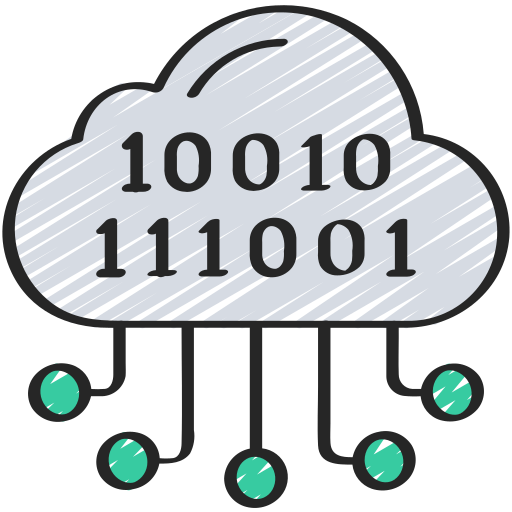Forex scams can be devastating, leaving victims feeling hopeless and unsure of how to recover their lost funds. This step-by-step guide aims to provide valuable insights and practical steps for those affected by Forex scams, helping them navigate the recovery process effectively. By understanding the nature of these scams and taking the right actions, you can increase your chances of reclaiming your hard-earned money.
Understanding Forex Scams
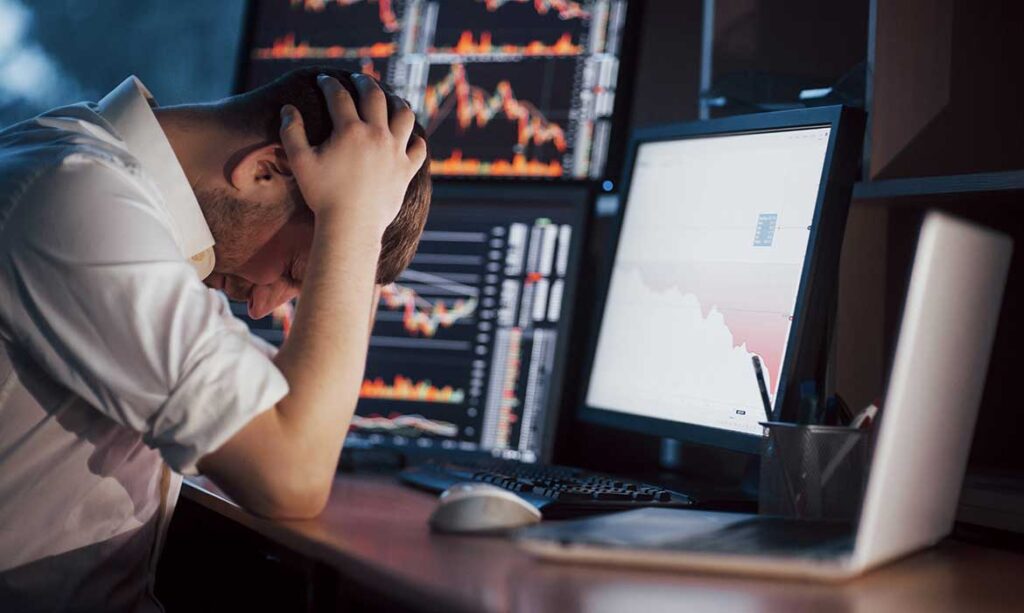
Forex scams often lure victims with promises of high returns on investments in the foreign exchange market. These scams can take many forms, including fake trading platforms, Ponzi schemes, and unscrupulous brokers. It’s crucial to recognize the signs of a Forex scam to protect yourself and take appropriate action if you fall victim.
Step 1: Identify the Scam
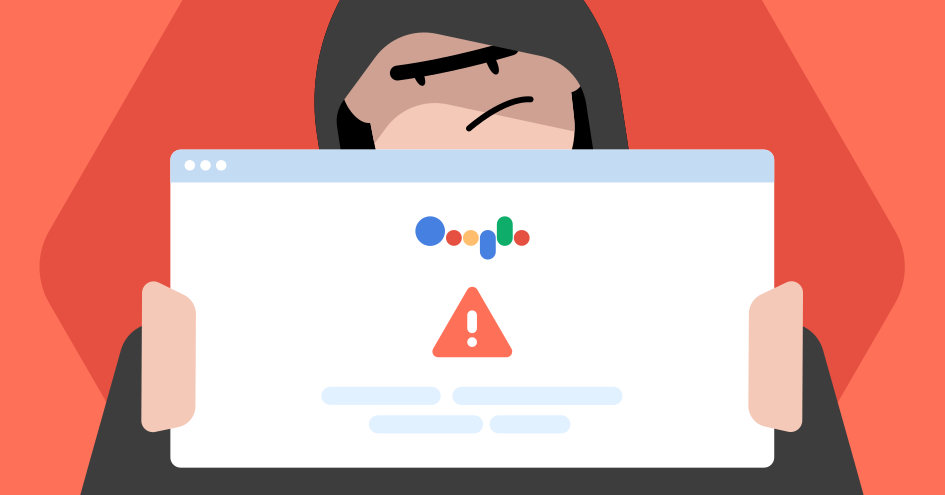
The first step in recovering your lost funds is to identify and understand the type of Forex scam you have encountered. Common signs include:
- Unregulated brokers
- Unsolicited investment offers
- Promises of guaranteed returns
- Difficulty withdrawing funds
If you notice any of these signs, it’s likely you’ve been targeted by a Forex scam.
Step 2: Gather Evidence

Collecting as much evidence as possible is crucial for building a strong case. This includes:
- Transaction records
- Communication logs with the scammer
- Emails and messages
- Screenshots of the trading platform
Having detailed documentation will help authorities and recovery experts trace and validate your claims.
Step 3: Report the Scam
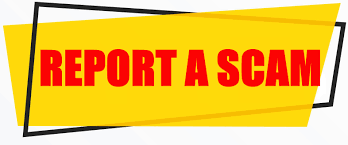
Immediately report the scam to relevant authorities and regulatory bodies. This includes:
- Financial Conduct Authority (FCA)
- Commodity Futures Trading Commission (CFTC)
- Your local law enforcement agency
Reporting the scam not only helps in your recovery process but also prevents others from falling victim to the same fraudsters.
Step 4: Contact Your Bank
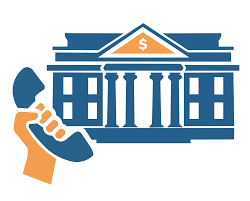
Notify your bank or payment provider about the fraudulent transactions. They may be able to:
- Reverse unauthorized charges
- Provide chargeback options
- Freeze your accounts to prevent further unauthorized transactions
Step 5: Seek Professional Help

Consider reaching out to fund recovery experts who specialize in Forex scams. These professionals can offer valuable assistance in navigating the complex recovery process. Our expert team is always ready to help you analyze your situation and formulate an effective recovery strategy.
Real-Life Case Studies
To illustrate the effectiveness of these steps, here are a few real-life case studies of individuals who successfully recovered their lost funds:
- Case Study 1: John, a novice investor, fell victim to a fake trading platform. By diligently gathering evidence and working with a recovery expert, he managed to reclaim his lost investment within six months.
- Case Study 2: Sarah was scammed by an unregulated broker promising high returns. After reporting the scam to the FCA and seeking legal assistance, she was able to recover 80% of her funds.
FAQs
How do Forex scams work?
Forex scams typically involve fraudulent schemes where scammers lure victims with promises of high returns on investments in the foreign exchange market. These scams can take various forms, such as fake trading platforms, unregulated brokers, Ponzi schemes, and signal sellers. Victims are often enticed with unrealistic profit guarantees and pressured to invest quickly. Once the money is deposited, scammers may manipulate trading results, refuse withdrawal requests, or disappear entirely, leaving investors with significant losses.
Is forex trading actually legit?
Yes, forex trading is a legitimate activity and is one of the largest financial markets in the world. However, it is important to trade through regulated and reputable brokers to ensure the safety of your investments. Legitimate forex trading involves buying and selling currencies based on market conditions and requires a thorough understanding of market dynamics, risk management, and trading strategies. Always verify the credentials and regulatory status of any broker or trading platform before investing.
How to catch out a forex scammer?
To identify and avoid forex scammers, watch out for these red flags:
- Unrealistic Profit Guarantees: Promises of high, guaranteed returns with little or no risk.
- Unregulated Brokers: Lack of proper regulatory licensing or registration.
- Pressure Tactics: High-pressure sales tactics urging immediate investment.
- Lack of Transparency: Inability to provide clear information about the company, its trading strategies, or its track record.
- Poor Communication: Unprofessional communication, including frequent spelling or grammatical errors. Always conduct thorough research and due diligence before investing in any forex platform.
Does forex really pay?
Forex trading can be profitable, but it is not a guaranteed way to make money. Success in forex trading requires significant knowledge, skill, and experience. Many traders lose money due to the high volatility and risks associated with the market. Profitable trading involves disciplined risk management, continuous learning, and a well-thought-out trading strategy. While there are opportunities to earn profits, it is important to be aware of the risks and not fall for promises of guaranteed returns.
How can we avoid forex scams?
To avoid forex scams, follow these guidelines:
- Research Brokers: Ensure the broker is regulated by a recognized financial authority.
- Verify Credentials: Check the broker’s registration and reviews from other traders.
- Be Skeptical of Guarantees: Be wary of anyone promising guaranteed profits with no risk.
- Avoid Pressure: Do not succumb to high-pressure tactics to invest quickly.
- Educate Yourself: Learn about forex trading and understand the risks involved.
- Consult Experts: Seek advice from experienced traders or financial advisors. By taking these precautions, you can reduce the risk of falling victim to forex scams and make more informed investment decisions.
Can I recover my funds without professional help?
- While it is possible, professional help can significantly increase your chances of success due to their expertise and resources.
What should I do if I suspect a scam but haven’t lost money yet?
- Immediately cease all communications with the suspected scammer, report the incident to relevant authorities, and consult with an expert to safeguard your assets.
Conclusion
Recovering lost funds from Forex scams can be a challenging process, but by taking the right steps and seeking professional assistance, you can improve your chances of success. Remember to gather evidence, report the scam, and contact your bank immediately. If you need personalized support, our expert team is here to help you every step of the way. Reach out to us for assistance and take the first step towards reclaiming your lost funds.




